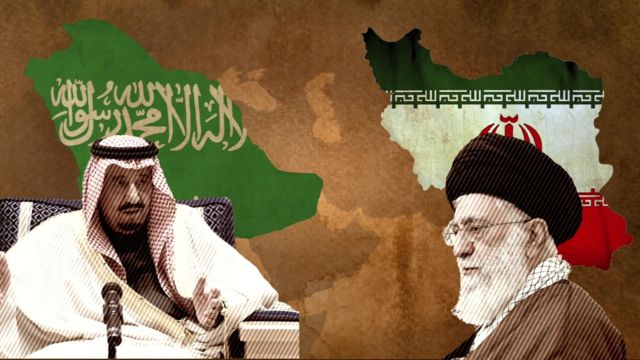- King Salman of Saudi Arabia convened emergency meetings to discuss attacks on Saudi assets.
- He blamed Iran for the attacks, an accusation that Iran flatly rejected.
- The danger lies in the fact that Arab countries could be potentially arrayed against Iran.
- The greater danger lies in the fact that the US could use the situation to achieve several of its own goals.
Saudi King Salman called an emergency gathering of the leaders of twenty-one Arab League countries to be held on 30 May at two consecutive meetings in the city of Mecca. The reason for the summit was simple: according to the king, decisive action was required to confront Iran’s recent ‘criminal’ actions and to prevent ‘escalations’. The call for action against Iran followed Tehran’s alleged attacks on Saudi oil pumping stations in the kingdom, allegedly by Iran-backed Houthi rebels in Yemen using drones, and on four vessels, including two Saudi-owned oil tankers, off the United Arab Emirates.
Iran denied any part in those incidents, calling them ‘worrisome and dreadful’ and also called for an investigation into the attacks. It also suggested that saboteurs from a third country could have carried out the attacks and noted that the attacks only demonstrated how vulnerable the Gulf states were to such attacks. President Trump’s National Security Adviser, John Bolton, who is a recognised anti-Iran hawk, has suggested that he possesses evidence to demonstrate that Iran or its agents were behind the attacks on the Saudi assets.
Read the analysis by Lindsay Hughes, Senior Research Analyst, Indian Ocean Research Programme on Future Directions International.

